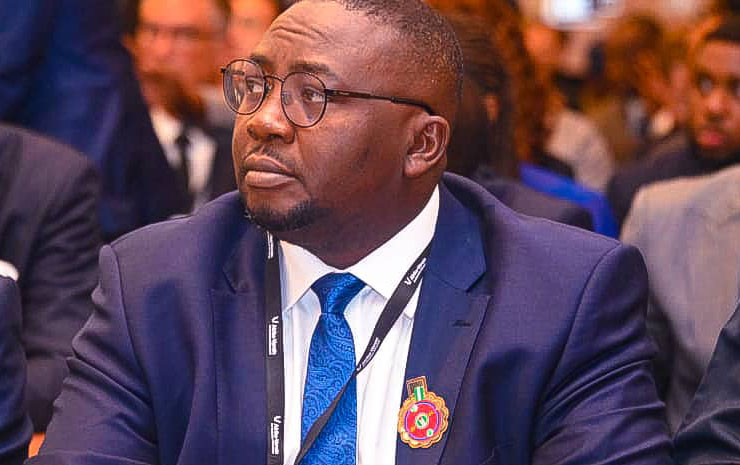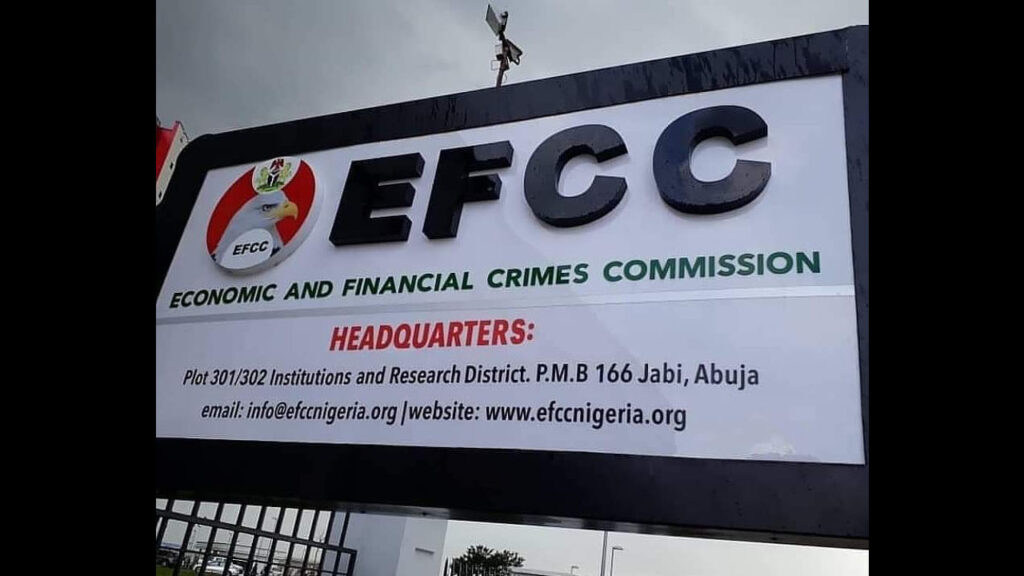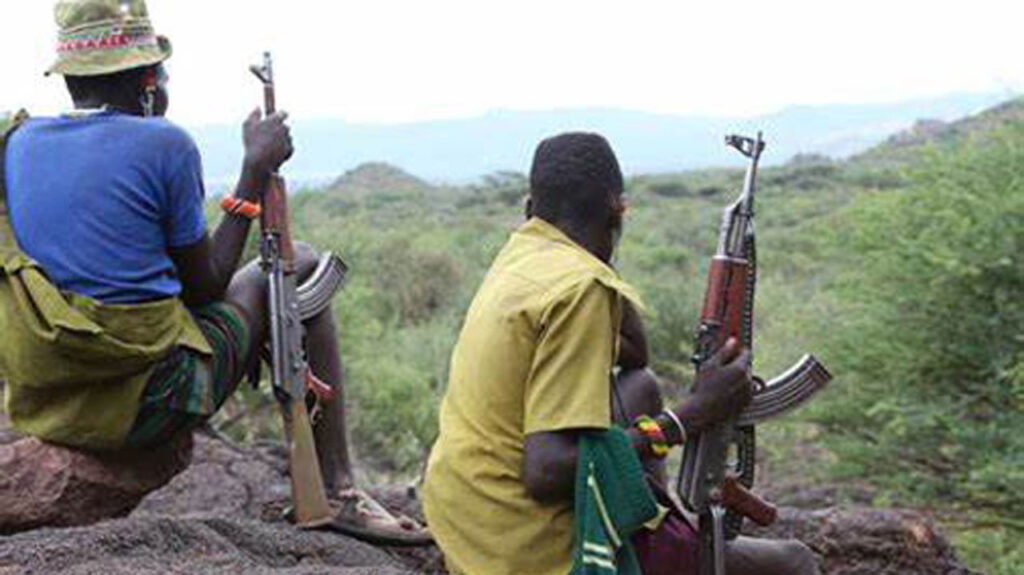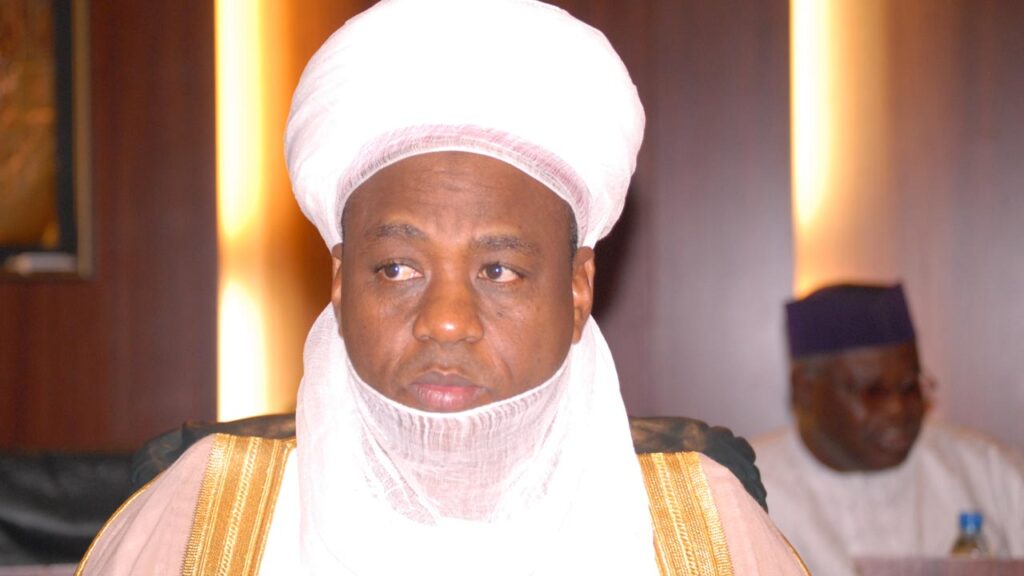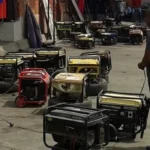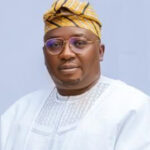
• Electricity tariff hike unjustifiable, says consumer group
• FG reveals plans for varsities, teaching hospitals to generate electricity
• To provide solar subsidy through $750m World Bank loan
The Minister of Power, Adebayo Adelabu, has apologised to Nigerians for saying that they keep freezers on for days due to low electricity tariffs.
Speaking yesterday with slight remorse on Channels Television’s Politics Today, he said: “Anything we have said that is considered offensive, we are sorry about that.”
The minister had come under fire from many Nigerians in the last one week for his comment, which was considered offensive. Adelabu had told journalists in Abuja on April 4, 2024, that Nigerians lack the culture of electricity consumption management because of “cheap” power supply.
He had made the statement after the government announced tariff increase for Band A consumers. The minister’s comment generated outrage with some persons calling for his removal.
However, Adelabu, on Thursday, expressed regret over his comment, saying it “was never intended to insult the sensibilities of Nigerians in any way”.
“It was a piece of innocent advice with regard to energy consumption management which we believe will go a long way in reducing people’s energy bills. And that advice was directed at those that we believe that because of the recent increase in tariff will start enjoying 20 hours of power per day,” he said.
The Nigerian Electricity Regulatory Commission (NERC) had on April 3, 2024, raised the electricity tariff for customers enjoying 20 hours of power supply daily. Customers in this category are said to be under the Band A classification.
The increase will see the customers paying N225 kilowatt per hour from the current N66, a development that has been heavily criticised by many Nigerians, considering the immediacy of the tariff hike and the current hardship in the land.
The minister subsequently said the new electricity tariff hike would only affect only 1.5 million of the about 12 million consumers in the sector.

NERC’s recent hike in electricity tariff for customers in Band A was yesterday rejected by the Electricity Consumer Protection Centre, which held that it was unjustifiable given the poor performance of electricity distribution companies (DisCos), in the past.
Speaking to journalists yesterday, the Executive Director of Electricity Consumer Protection Centre, Princewill Okorie, said it was wrong for the Federal Government to continue to approve tariff increases for the DisCos when consumers have never had improved supplies for monies invested in the sector.
Okorie noted that the government needs to keep control over pricing in the sector since the operators have shown little interest in putting money into improving infrastructure and networks.
According to him, “there are fundamental problems in the sector that the government needs to fix before talking of any tariff increase. We don’t look at the issues of implementation and enforcement. The power sector is very fundamental to the social and economic development of this nation.
“Nigeria is a signatory to the United Nations convention on human, social, cultural, and political rights, and also Section 34 (1) of Nigeria’s Constitution is against torture, inhuman and degrading treatment. And from the way Nigerians are being treated today in the power sector, it is clear that they are being tortured, dehumanised and treated without respect. The increase in tariff is not justified and we reject it”, he stressed.
He therefore called for a probe into how DisCos spend the operations expenditures (OPEX) and capital expenditure (CAPEX) provided for them in the tariff order, stating that over the years consumers have continued to provide poles, transformers, and cable without being reimbursed by the utilities.
MEANWHILE, the Federal Government has unfolded its plan for federal universities and teaching hospitals nationwide to generate electricity as part of the measures to unbundle the national grid. Executive Director of Rural Electrification Agency (REA), Ayo Adegboyega, made this known while fielding questions from newsmen in Ibadan.
He said the project is one of the numerous projects being embarked upon by his agency to solve the age-long epileptic power supply nationwide.
According to him, “There are lots of projects in the pipeline which include the provision of mini-grids and solar panel power for households across the country.
“Also, there are projects along unbundling the national grids with the movement of the Federal universities and University Teaching Hospitals into the captured power. This will enhance the generation of their own power supply. This will be actualised in the next few months.
“President Bola Tinubu will commission one of such projects at the University of Abuja in the next couple of weeks. There are lots of projects in the pipeline that will enhance an uninterrupted power supply that Nigerians will start to enjoy soon. It is better to dig deeper into the root causes of epileptic power supply than to scratch the surface.”
Also, the Federal Government plans to provide subsidy to developers and operators of solar mini-grids in unserved and underserved areas in the country. The subsidy will be provided through a World Bank-approved loan of $750 million under the Distributed Access through Renewable Energy Scale-up (DARES) project.
The financing agreement for the loan was signed by the Minister of Finance, Wale Edun, on March 31, 2024, and World Bank’s Country Director for Nigeria, Shubham Chaudhuri, on February 19, 2024, according to a document sighted by The Guardian.
The loan project is aimed at augmenting the supply of electricity to both households and micro, small, and medium-sized enterprises (MSMEs) through a surge in private sector-led distributed renewable energy initiatives.
Aside from providing subsidy, the Federal Government plans to also provide performance-based grants. The document noted that there will be “Provision of Performance-Based Grants to eligible mini-grid operators based on new customer connections for isolated mini-grids and percentage of capital expenditures for interconnected mini-grid projects.”
There will also be “Catalytic Grants Provision of Catalytic Grants, on a matching basis, to eligible SAS companies that target the poor, remote, or hardest-to-reach consumers in the country.”
The loan from the World Bank is structured into three distinct segments, cumulatively forming the $750 million total financial package. This package is segmented into credits of $350 million, $250 million, and $150 million, each earmarked for different facets of the project and subject to currency conversions as necessary.
The primary implementers of this project are the Rural Electrification Agency (REA) and the Lagos State Electricity Board (LSEB), with significant support from the Federal Ministry of Power, the Nigerian Electricity Management Services Agency (NEMSA), the Federal Ministry of Environment, the Nigerian Electrification Regulatory Commission (NERC), and the Federal Ministry of Finance.

